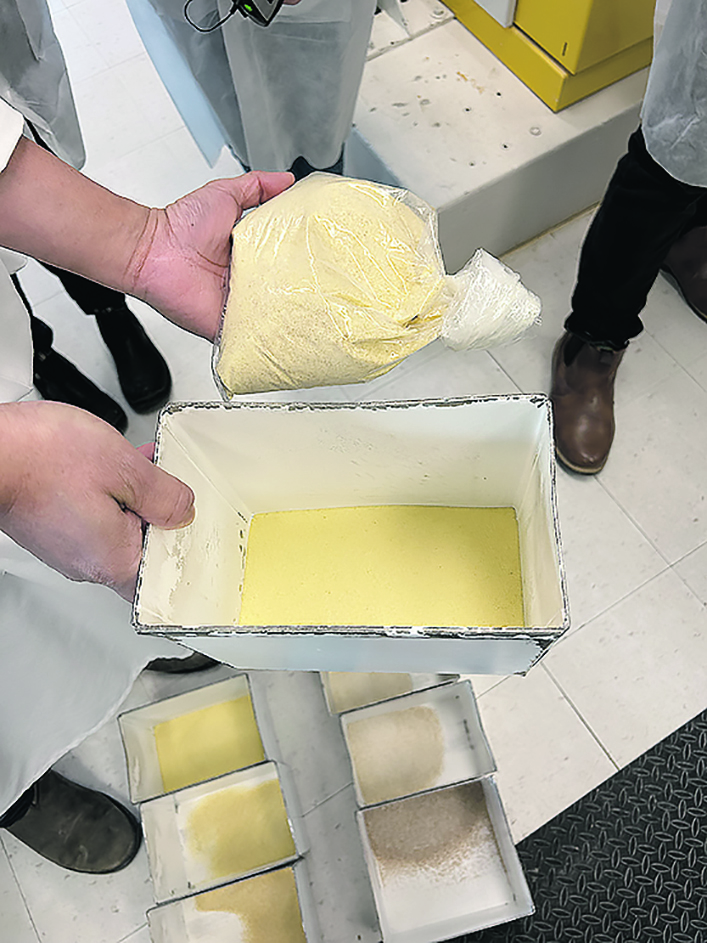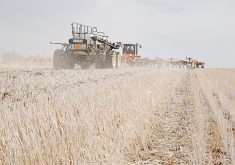An elite global class of millers are sought by companies that need their technical understanding of milling’s complexities
Norbert Cabral agreed to go, but it wasn’t easy.
“He was away from his family for six months,” said Elaine Sopiwynk, vice-president of technical services for Cereals Canada.
Being packed off to Switzerland for an intensive and competitive course in high-level milling wasn’t ideal for Cabral or Cereals Canada, but it was the only way the organization could get its hands on a world class miller — by creating one. Cabral is now part of an elite global class of millers who are sought by companies that need their technical understanding of the complexities of milling.
“To find people with that training, they’re very hard to find,” said Sopiwynk in an interview.
“Millers, at a certain level, really need specialized training.”
Cereals Canada is now thinking of developing a professional training program for millers so that milling companies won’t have to scramble for and often be without the kind of specialists they need.
Right now Cereals Canada is short one miller, which it wants so that Cabral has somebody to share his work with. Around Canada’s milling industry, millers are often created by taking a skilled and intelligent person off the milling floor and apprenticing them to the head miller. That’s OK, but not as good as having professionally qualified people.
The program in Switzerland is run by milling technology giant Bühler, which also runs a more modest program in Kenya for African millers. Kansas State University operates a degree program in milling science, which is North America’s only program.
Cereals Canada helped set up a professional milling program in Morocco, as well as inviting Saudi millers train in Winnipeg for six months.

The organization has been talking with Canada’s milling association about creating a training program, and everything looks good so far, Sopiwynk said. The demand for trained millers is strong, and Cereals Canada has the facilities for demonstration and instruction.
“In Canada, there is nothing.”
Cereals Canada also employs staff who have the rare combination of being both proficient with milling science and enjoying teaching others. Throughout the year, they inform, teach and coach millers and food processors from around the world on how to work with specific types of Canadian cereal grains, as well as working with farmers in programs such as Combine to Customer on how the grain processing industry works.
“It’s something we’re totally capable of doing,” said Sopiwynk.


















